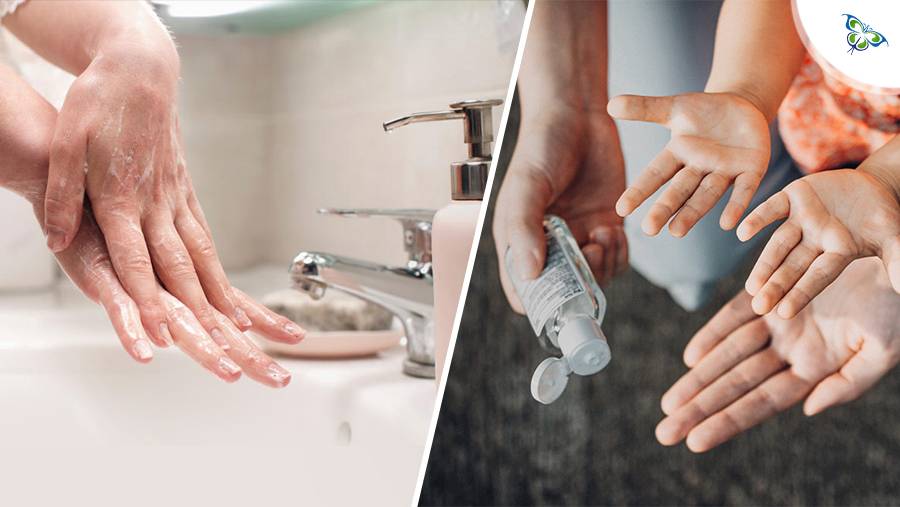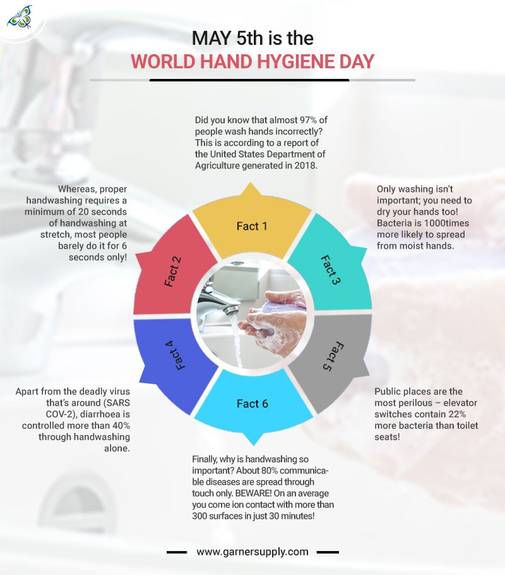
Hello
Select Address

We are finally into the must-have hygiene habits – the habit of regular hand washing! As per the experts in the medical fraternity, both soaps and hand sanitizers have proved to effectively prevent COVID-19. They also help in combating common flu, cough, cold symptoms, and other respiratory issues that the majority of the population encounter during seasonal shifts! So, after the WHO and CDC guidelines on COVID-19, we have kind of joined hands (globally) in preventing the spread of the virus!
One basic difference between a soap and a sanitizer
In this junction, one needs to have a clear idea about soaps and sanitizers. (by "idea" I meant to say – a piece of well-bred information on their differences). At the bottom line of this discussion, there stands one major difference – a soap is essentially a cleaner, mostly made of caustic soda (sodium hydroxide) whereas, a hand sanitizer is not. However antibacterial soaps contain antimicrobial ingredients like triclosan, benzalkonium chloride, and alcohol.
Every time you touch the doorknob, a pen, or even the keyboard of your PC, you are getting germs on your hands. You might jolly well use a sanitizer to get rid of the latter. Else, you will pass on the germs to other objects, persons, or even parts of your own body. Germs from your body parts like the eyes, mouth, and nostrils could further travel inside your body!
The wisest thing to do after you’ve touched an object that is being used publicly is to sanitize your hands.
What does proper hand-washing imply?
This concept is an important one. Washing primarily removes the dirt and in the process kills bacteria too. There are certain golden rules of handwashing, which we do not often tend to obey (well – you might be following them strictly these days) and they are –
Despite the rules, it has been observed that individuals, especially the ones in the healthcare service providing industry, tend to wash their hands only for a meager 10 seconds. Naturally, that does not leave you with the best results!

The need for hand sanitizers
When handwashing with soap is not feasible (lack of water and time), the crucial role of sanitizers comes into play. Alcohol-based hand rubs are capable of killing germs on your body surface in seconds! In exceptional cases, for instance, while caring for an individual suffering from diarrhea (with a suspected infection of Clostridium difficile), simple hand rubs do not kill the germ. Here, it goes without saying that the bacteria in the discussion (that cannot be eliminated with simple hand-rubs) can be done away with adequate soap washing!
Sanitizers, therefore, have a CDC recommended level of alcohol which is above 60%. Such sanitizers are competent enough to kill almost all bacteria and germs that could be present on your palm surface.
A few facts about sanitizers
Finally, when speaking about hand soaps, if you are not using a soap dispenser and depending on a soap bar instead, what about the risks of cross-contamination (as soaps aren’t touch-free)?